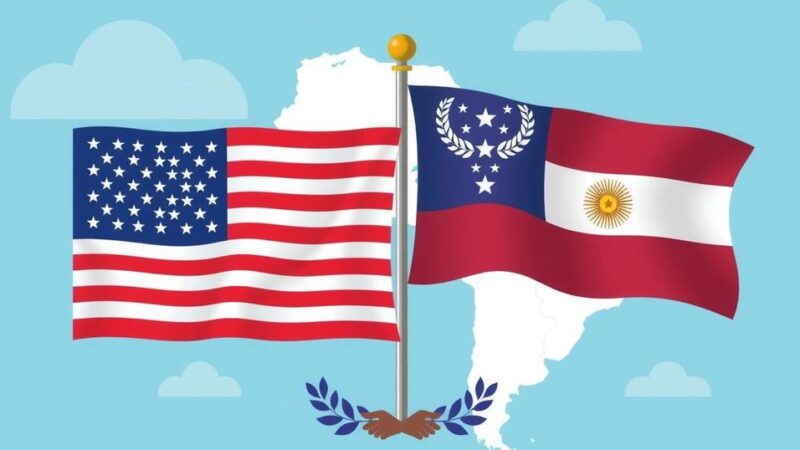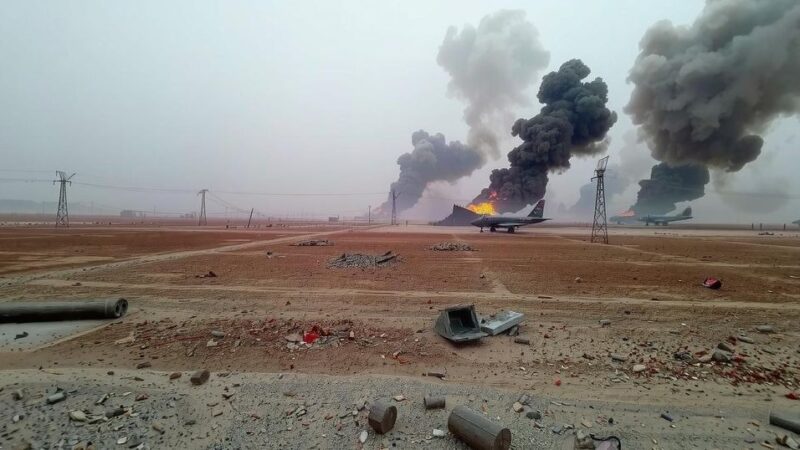Tropical Cyclone Chido struck Mozambique on December 15, 2024, affecting over 174,000 people with heavy rains and winds. Major damage occurred in Cabo Delgado, Nampula, and Niassa provinces, with significant loss of life and shelter. Relief efforts are challenged by limited resources, prompting a USD 4 million allocation for humanitarian assistance to address urgent needs.
On December 15, 2024, Tropical Cyclone Chido made landfall in Mozambique, unleashing heavy rainfall and strong winds across the region. The cyclone subsequently moved into Malawi and is projected to dissipate near Zimbabwe by December 17. The provinces of Cabo Delgado, Nampula, and Niassa have reported significant damage, with at least 174,158 individuals affected, 34 fatalities, and over 35,000 homes destroyed. Relief efforts face challenges due to limited supplies, drawing attention from the Emergency Relief Coordinator, who has allocated USD 4 million for immediate humanitarian assistance.
As of December 17, extensive assessments by the National Institute for Natural Disaster (INGD) continue to reveal the scale of destruction and urgent needs for shelter, food, and medical supplies. In the Cabo Delgado Province, reports indicate that municipalities such as Mecufi and Chiure have suffered severe housing loss, with nearly all homes damaged. Additionally, significant protection concerns have emerged, notably the lack of civil documentation services and a heightened risk of gender-based violence. The situation exacerbates existing vulnerabilities, particularly for women and children who require safe spaces and immediate assistance.
In Nampula, approximately 46,000 individuals have been affected, with urgent needs arising amidst an ongoing choleral outbreak. Relief agencies are mobilizing efforts to address the humanitarian crisis, restoring communication lines, and repairing damaged infrastructure to facilitate the aid process. As the assessment teams gather further data, the response continues to focus on addressing the needs of the most vulnerable populations and ensuring adequate support and resources are deployed swiftly.
Tropical Cyclones pose a significant threat to coastal regions, particularly in Mozambique, which is frequently impacted due to its geographical location. The onset of Tropical Cyclone Chido has highlighted the devastating impacts that such natural disasters can inflict, leading to widespread destruction and humanitarian crises. Understanding past responses to cyclones and the necessity for robust preparedness and infrastructure can provide insights into better management of present-day challenges presented by such catastrophic events. The current situation underscores the importance of timely assessments and coordinated responses to mitigate adverse outcomes for affected populations.
In conclusion, Tropical Cyclone Chido has resulted in severe humanitarian concerns across Mozambique, with substantial infrastructural damage and loss of life. The efforts currently underway aim to address the immediate needs of the affected populations while prioritizing the establishment of safe environments, particularly for vulnerable groups. Continued assessment and support from both local and international stakeholders are essential to facilitate recovery and rebuilding efforts in the aftermath of this cyclone. The allocation of funds and resources will play a critical role in shaping a timely and effective response.
Original Source: reliefweb.int






